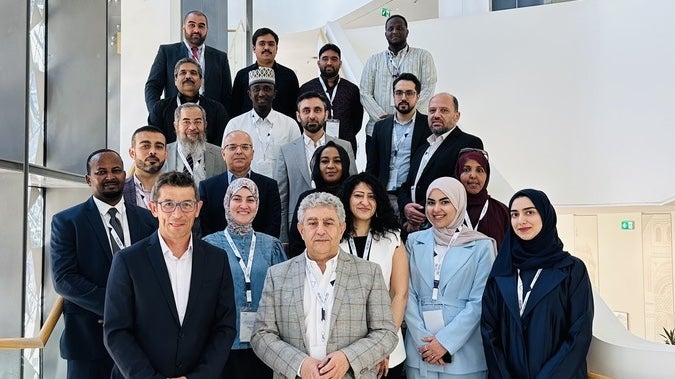Governance, resilience and sustainability at heart of interdisciplinary and integrated public policymaking program
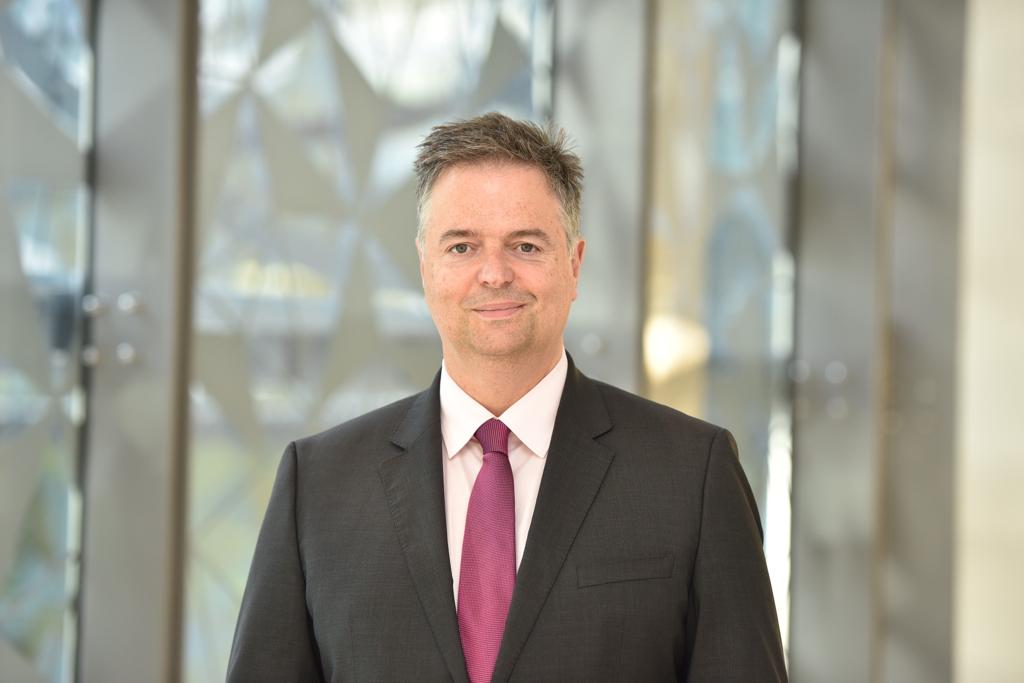
The 75th Session of the United Nations General Assembly provided the backdrop for the launch of a major research program by the College of Public Policy (CPP) at Hamad Bin Khalifa University (HBKU).
The Program on Governance, Resilience and Sustainability (PROGRESS) will develop interdisciplinary, integrated and policy-relevant research and analysis concerning the grand challenges identified by the United Nations Sustainable Development Goals (SDGs). These include climate change, growing urbanization and human mobility, and the greater need for stable state institutions and international organizations. In response, PROGRESS seeks to create a vibrant global community of public policy researchers, analysts and fellows. The all-encompassing nature of the program is strengthened by a commitment to working with Qatar Foundation and other institutions based in Education City and around Qatar.
PROGRESS’ research agenda rests on two cross-cutting themes. A focus on ethics reflects the reality that many of today’s policy challenges are effectively problems of social justice, inclusion, or distribution. PROGRESS will systematically investigate these issues at the interface between sustainability and policy. From there, a deeper analysis of resilience planning will demonstrate how traditional concepts seem inadequate in the face of today’s global sustainability crisis and grand challenges. In response, PROGRESS will develop a more nuanced understanding of resilience that is both transformative and adaptive.
PROGRESS’ Founding Director is Dr. Andreas Rechkemmer, a senior professor at the CPP who has previously held senior positions within the United Nations, including Executive Director of the International Human Dimensions Programme on Global Environmental Change at the United Nations University.
Speaking after the announcement of the program, Dr. Leslie A. Pal, Founding Dean of the College of Public Policy, said: “There’s nothing coincidental about our decision to launch PROGRESS during the 75th Session of the UN General Assembly. As with previous years, proceedings are informed by discussions on the grand challenges enshrined in the SDGs and the policy architecture that the UN has designed in response. This year’s proceedings also include a virtual interactive SDG Action Zone which provides a space for deeper conversations concerning the advancement of the SDGs.
“The United Nations’ blueprint for a better and more sustainable world has also influenced a plethora of national policies by governments around the world. But how effective are such policies in addressing these challenges? To answer this and related questions, we’re bringing together an eclectic mix of policymaking practitioners and professionals to participate in cutting edge and ethically grounded initiatives. In doing so, we want to cement PROGRESS as the first program of its kind within the Middle East and North Africa region, as well as HBKU’s reputation for world-class policy research, scholarship and advice.”
For more information on the work of the College of Public Policy, please visit https://www.hbku.edu.qa/en/cpp/about
Related News
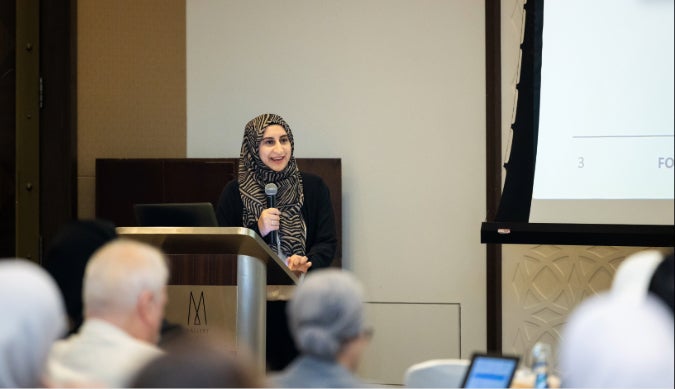
Hamad Bin Khalifa University Partners with Ministry and Global Stakeholders to Drive Capacity-Building
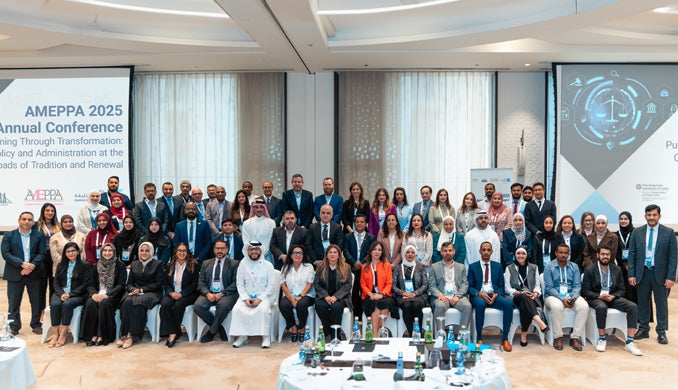
Experts Gather at HBKU for AMEPPA 2025 to Explore Governance Through Transformation
HBKU’s CPP Completes High-Level Training for MOFA Officials on Qatar’s Role in Conflict Mediation
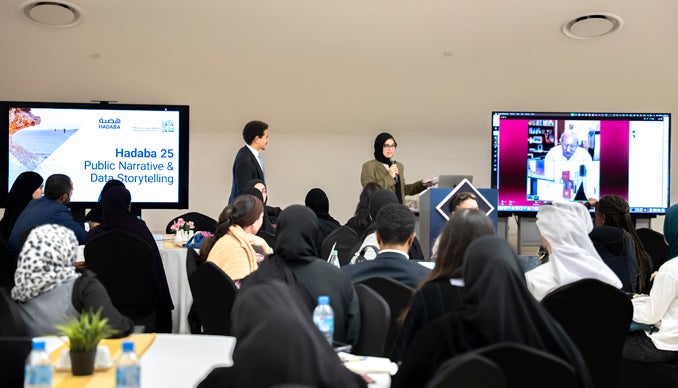
HBKU’s College of Public Policy Highlights Storytelling and Narratives in Hadaba 25
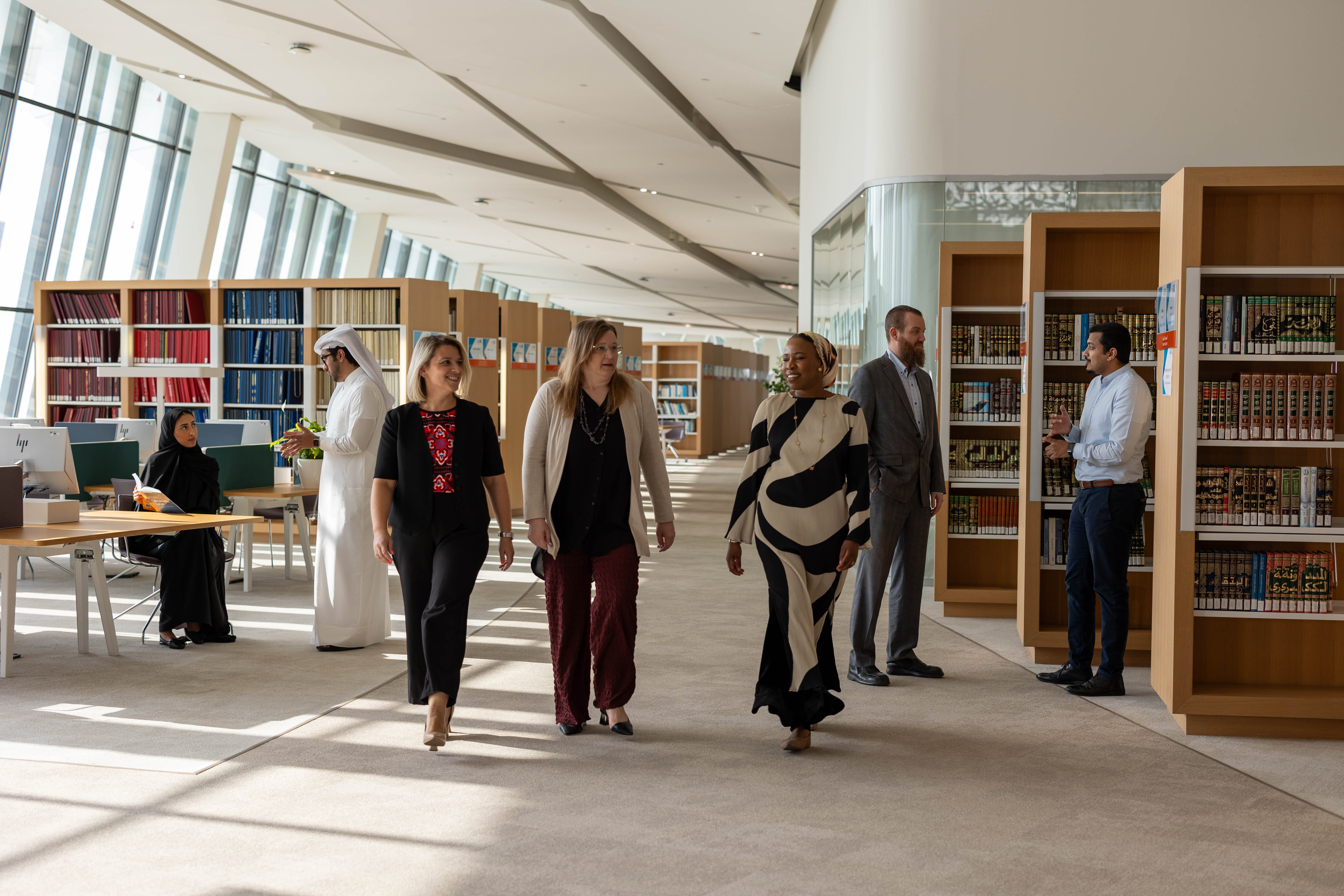
Hamad Bin Khalifa University’s Master of Public Policy Earns Prestigious NASPAA accreditation





